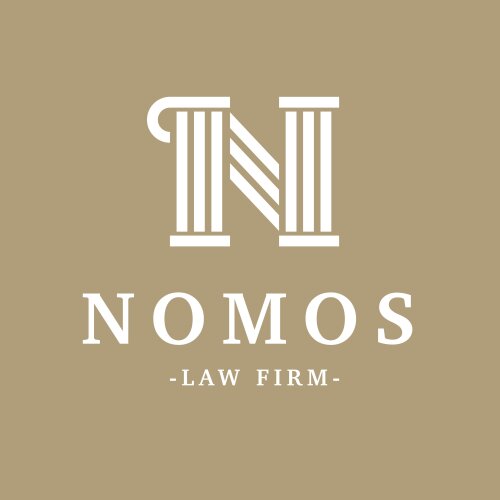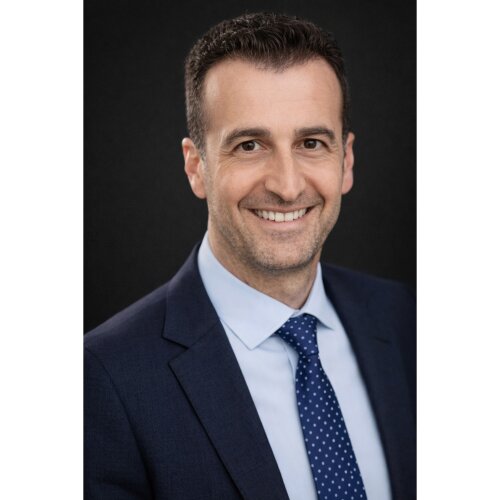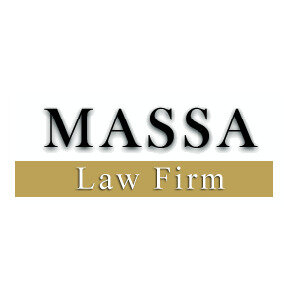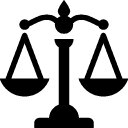Best Licensing Lawyers in Italy
Share your needs with us, get contacted by law firms.
Free. Takes 2 min.
Or refine your search by selecting a city:
List of the best lawyers in Italy
About Licensing Law in Italy
Licensing law in Italy plays a significant role in regulating how businesses and individuals use various intellectual properties, trademarks, patents, and copyrighted materials. It involves granting permissions to a licensee to use the licensor's assets under certain conditions. This legal framework fosters innovation by protecting creators, enforcing commercial agreements, and deterring unauthorized use of intellectual property. Licensing can involve a wide range of sectors, including technology, pharmaceuticals, entertainment, and manufacturing.
Why You May Need a Lawyer
There are several scenarios where an individual or a business might require legal assistance concerning licensing in Italy:
- You're a content creator wanting to license your work to others.
- Your business needs to acquire licensing rights for specific technologies or trademarks.
- You wish to draft or negotiate licensing agreements.
- You're facing legal disputes over licensing rights or intellectual property infringement.
- You need advice on compliance with Italian and EU laws regarding licensing.
- You're involved in international business and need to understand how Italian licensing law interacts with other jurisdictions.
Local Laws Overview
Italian licensing laws are primarily influenced by national regulations and European Union directives. Key aspects include:
- The Intellectual Property Code (Codice della Proprietà Industriale), which governs trademarks, patents, designs, and models.
- Italian Copyright Law, which applies to literary and artistic works, including software and databases.
- Competition laws regulate licensing agreements to prevent anti-competitive practices.
- The wide-ranging impact of EU regulations on digital single market strategies and technology transfers.
Frequently Asked Questions
What is a licensing agreement?
A licensing agreement is a contract where the owner of an intellectual property (the licensor) gives permission to another party (the licensee) to use the property under defined conditions, often in exchange for a fee.
Do I need a license to share my software in Italy?
Yes, if you intend to commercialize your software or allow others to use it beyond personal use, you’ll need a licensing agreement. Italy’s Copyright Law governs software and provides guidance on how it can be distributed.
How are royalties determined in a licensing agreement?
Royalties are typically negotiated between the licensor and licensee. They can be structured as a flat fee, a percentage of sales, or a combination of both. They should be clearly defined in the licensing agreement.
What happens if a licensing agreement is breached?
If a party breaches a licensing agreement, the other party can seek legal remedy, which may include terminating the agreement, seeking damages, or requiring specific performance.
How long does a licensing agreement last in Italy?
The duration of a licensing agreement is usually defined by the terms of the contract. It can be limited to a specific timeframe or continue indefinitely until certain conditions are met.
Can licensing agreements be modified?
Yes, licensing agreements can be modified, but both parties must agree to the changes. Any agreed modifications should be documented in writing and signed by both parties.
What is exclusive licensing?
Exclusive licensing gives the licensee sole rights to use the intellectual property within a specific market or territory, even excluding the licensor from using it. Non-exclusive licenses allow multiple parties to use the asset.
Do I need a lawyer to draft a licensing agreement?
While it is possible to draft a licensing agreement without a lawyer, it is advisable to consult one, as they can ensure the agreement is legally sound and meets your particular needs and circumstances.
How does Italian law protect copyrighted works internationally?
Italy is a party to international treaties such as the Berne Convention, which provides protection for copyrighted works across all member countries, ensuring that foreign works receive the same protection as Italian works.
What should I include in a licensing agreement?
A comprehensive licensing agreement should detail the scope of use, duration, financial terms, rights and obligations of each party, dispute resolution, and termination conditions.
Additional Resources
For additional information and support, consider these resources:
- The Ministry of Economic Development (Ministero dello Sviluppo Economico) for guidance on industrial property rights.
- Italian Patent and Trademark Office (Ufficio Italiano Brevetti e Marchi) for patent and trademark matters.
- European Union Intellectual Property Office (EUIPO) for EU-level regulations.
- Consult professional organizations like the Italian Bar Association (Consiglio Nazionale Forense) for legal professionals specializing in licensing.
- Local chambers of commerce can provide resources and informational seminars on licensing practices.
Next Steps
If you require legal assistance with licensing in Italy, consider the following steps:
- Identify your specific legal needs and the type of licensing agreement required.
- Seek referrals or research for an attorney or law firm specializing in intellectual property and licensing law in Italy.
- Prepare all relevant documentation and information to present during your legal consultation.
- Engage with a lawyer to discuss your case, understand your rights, negotiate terms, and draft or review licensing agreements.
- Ensure compliance with both Italian and EU laws and maintain open communication with your legal advisor for ongoing licensing matters.
Lawzana helps you find the best lawyers and law firms in Italy through a curated and pre-screened list of qualified legal professionals. Our platform offers rankings and detailed profiles of attorneys and law firms, allowing you to compare based on practice areas, including Licensing, experience, and client feedback.
Each profile includes a description of the firm's areas of practice, client reviews, team members and partners, year of establishment, spoken languages, office locations, contact information, social media presence, and any published articles or resources. Most firms on our platform speak English and are experienced in both local and international legal matters.
Get a quote from top-rated law firms in Italy — quickly, securely, and without unnecessary hassle.
Disclaimer:
The information provided on this page is for general informational purposes only and does not constitute legal advice. While we strive to ensure the accuracy and relevance of the content, legal information may change over time, and interpretations of the law can vary. You should always consult with a qualified legal professional for advice specific to your situation.
We disclaim all liability for actions taken or not taken based on the content of this page. If you believe any information is incorrect or outdated, please contact us, and we will review and update it where appropriate.
Browse licensing law firms by city in Italy
Refine your search by selecting a city.
















